The philosophy of Jainism is the subject of a large body of literature, but a great deal of it consists of standard summary reviews that are not sufficiently accurate to bring out the uniqueness of Jain thought. The core thesis of Jain Philosophy is that of anekantavada, often rendered as "many-sidedness" for example. Such a rendering by itself fails to get to the unique contribution of the Jain positions, which is just that every serious account of the world contains elements of truth, but that any single linguistic expression must fail to comprehend all those partially true perspectives or viewpoints, not because those viewpoints are false, but because the complete truth is not consistently expressible in any natural language, since any such expression must necessarily involve contradictions. The Jain position leads to evident problems in assessing any of the philosophical thesis broached by a Jain–are we to take them as truth-claims, or as merely some among an indefinite incompatible ways of looking at the world? If the latter, how can the Jain saint have or gain knowledge–can the grasp collectively all the indefinite number of true theories? And if the former, what happens to the truths presumed to be contained in each of the incompatible alternative viewpoints?
The works summarized in this volume explore these questions and their possible answers.

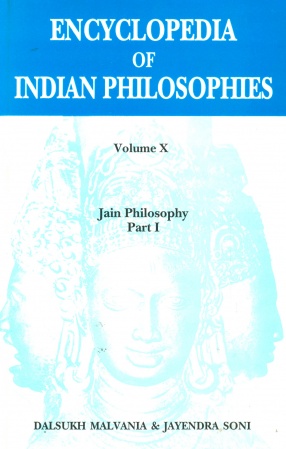
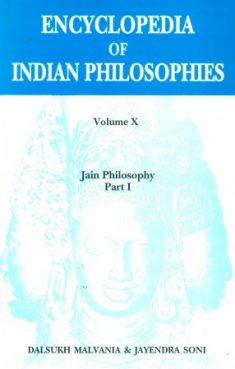
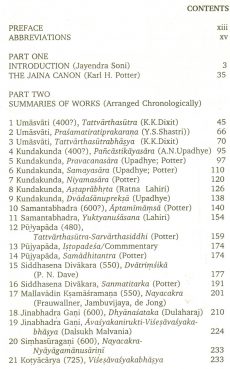
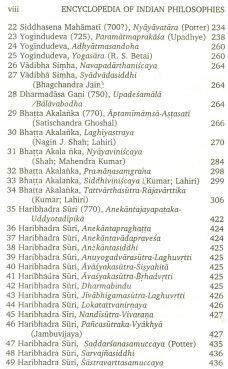
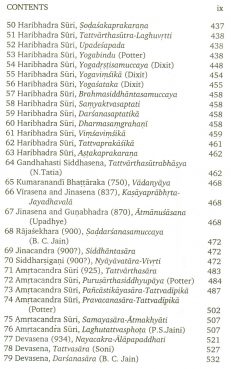
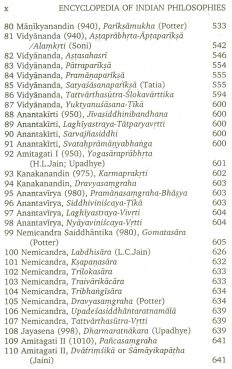

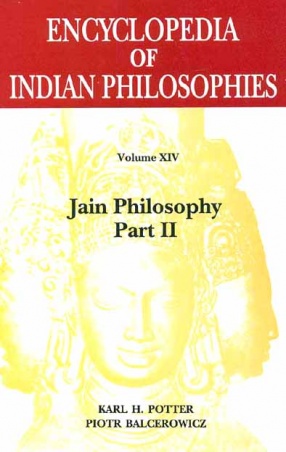
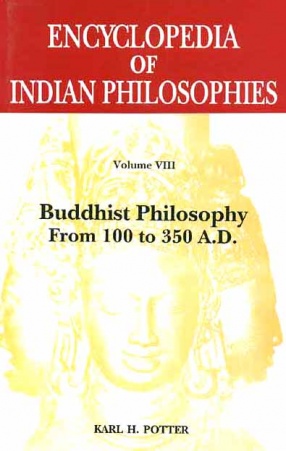
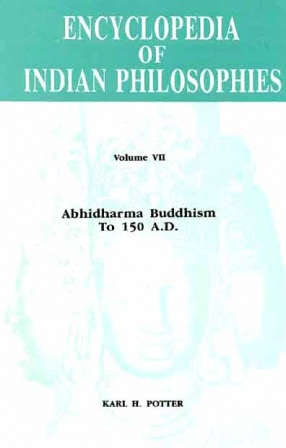




There are no reviews yet.